Spotting signs of cat constipation
Article

A cat is constipated if it’s unable to pass stools (feces) or if it only defecates infrequently.
When feces remains in the colon for longer than usual, it dehydrates and becomes hard, which causes the cat discomfort.
As constipation persists, the feces becomes impacted. This can cause the colon to become distended and unable to push the feces towards the rectum – a severe form of constipation known as obstipation.
Both constipation and obstipation need immediate treatment. However, they often indicate that another underlying disorder is at work. Contributing factors could include diet or an obstruction.
That’s why it’s so important to seek veterinary help whenever you notice signs of cat constipation.
How can I tell if my cat is constipated?
Constipation may range from mild to severe and can be caused by a number of conditions, which means signs vary greatly. However, typical cat constipation signs are:
- Straining
- Hunched posture
- Vomiting
- Weight loss
- Lethargy
- Loss of appetite
- Agitation
- Abdominal pain or tension
- Dehydration
- Behavioral abnormalities
- Small, hard, dry stools
- You may notice your cat visiting their litterbox more frequently or trying to defecate outside of the box
If your cat usually defecates outdoors, it’s possible they may have been experiencing constipation for some time before you notice how infrequently they defecate.
Understanding what to look for in the consistency and color of your cat's poop can also help identify when your cat is suffering from constipation. Learn more about what your cat's poop can tell you.
On some occasions, a cat might be straining because they’re unable to pass urine. This indicates a blocked bladder, which is a life-threatening condition. If your cat is frequently visiting the litterbox and straining without producing urine, you should contact your veterinarian immediately for an emergency appointment.
What causes cat constipation?
Constipation is much more common in cats than dogs, and older or senior cats are generally more susceptible. However, cats of any age can be affected by constipation.
Any condition that causes dehydration may lead to cat constipation. But there are other reasons your cat may be affected too – some of which are serious.

Diet
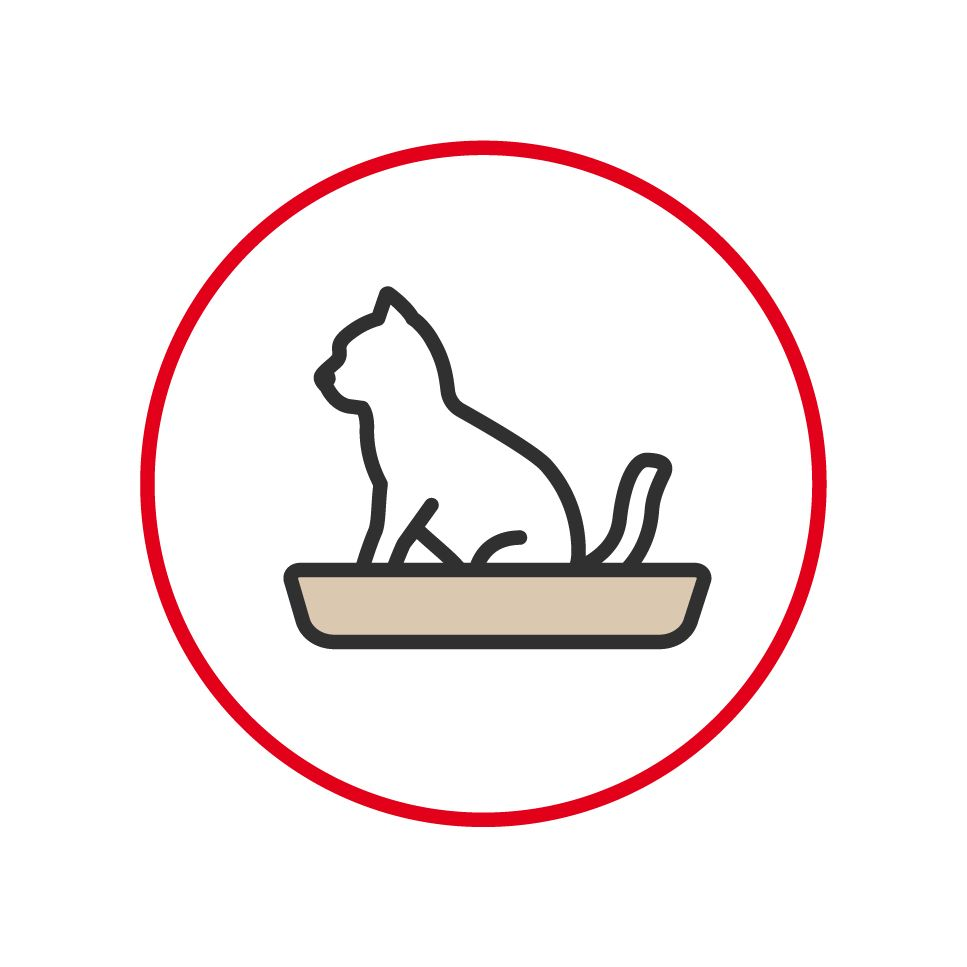
Environment

Foreign bodies
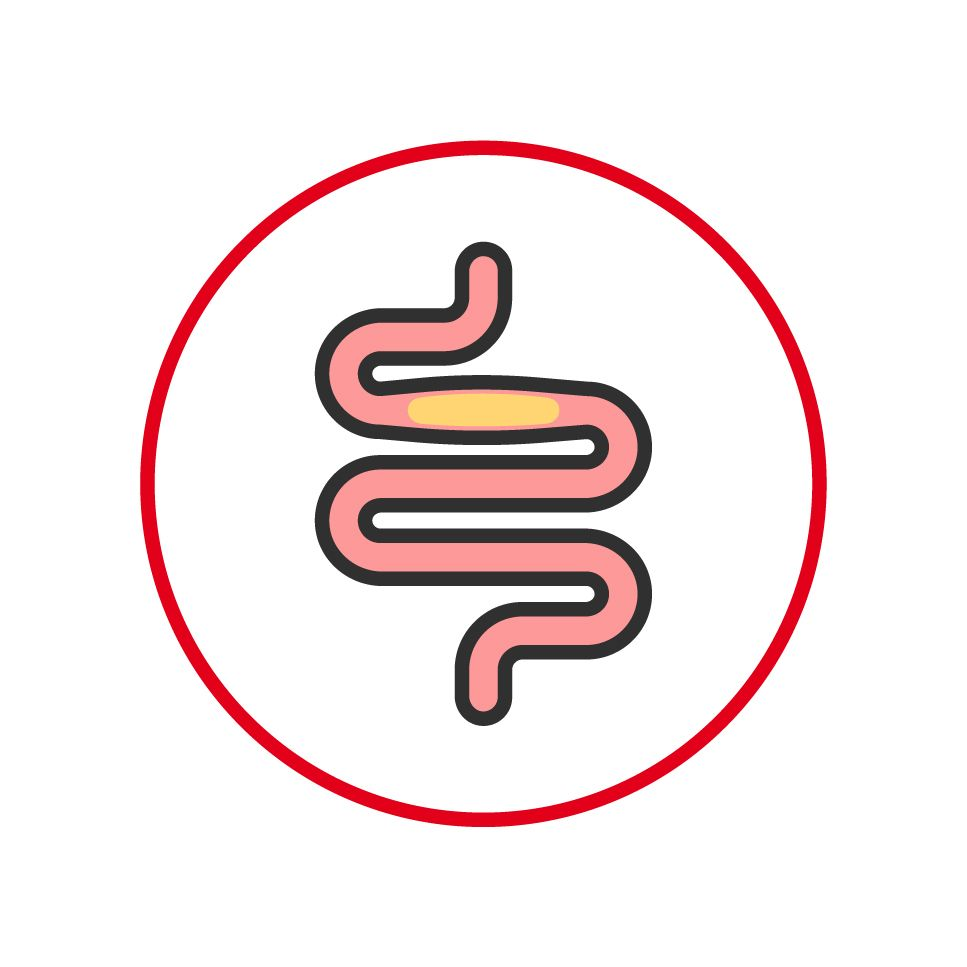
Obstructions
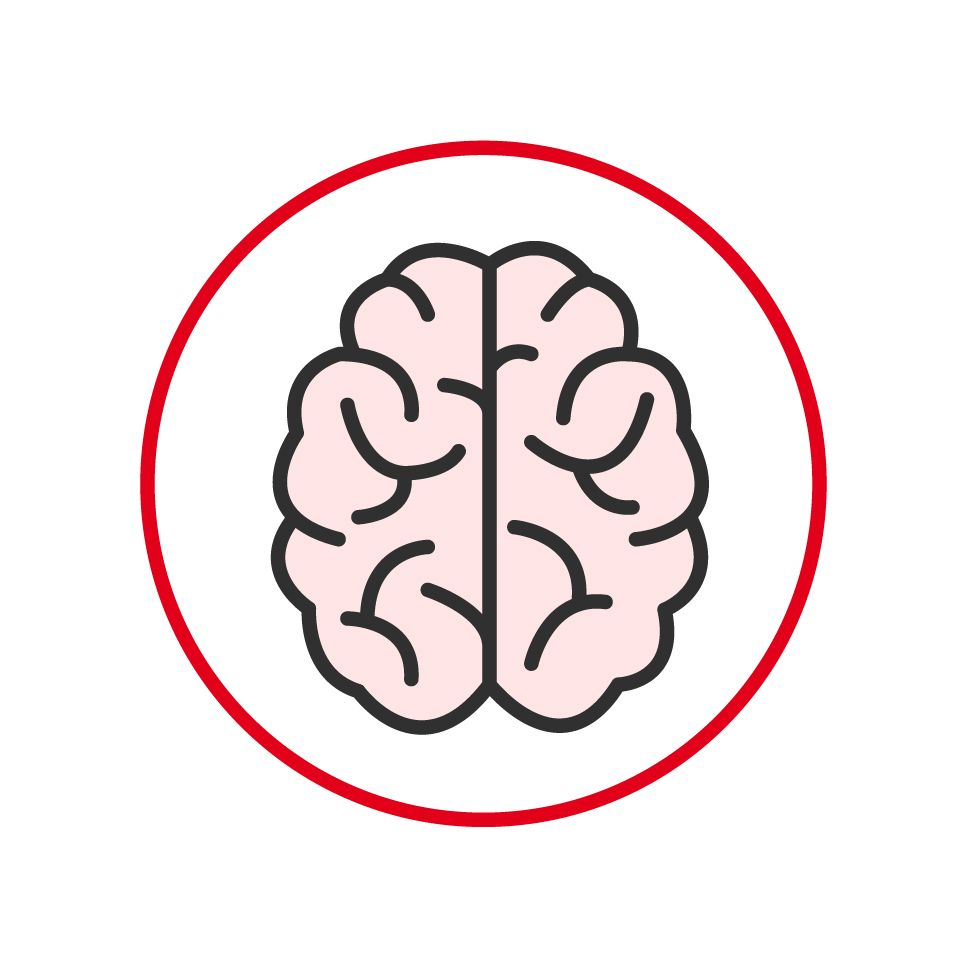
Neurological problems
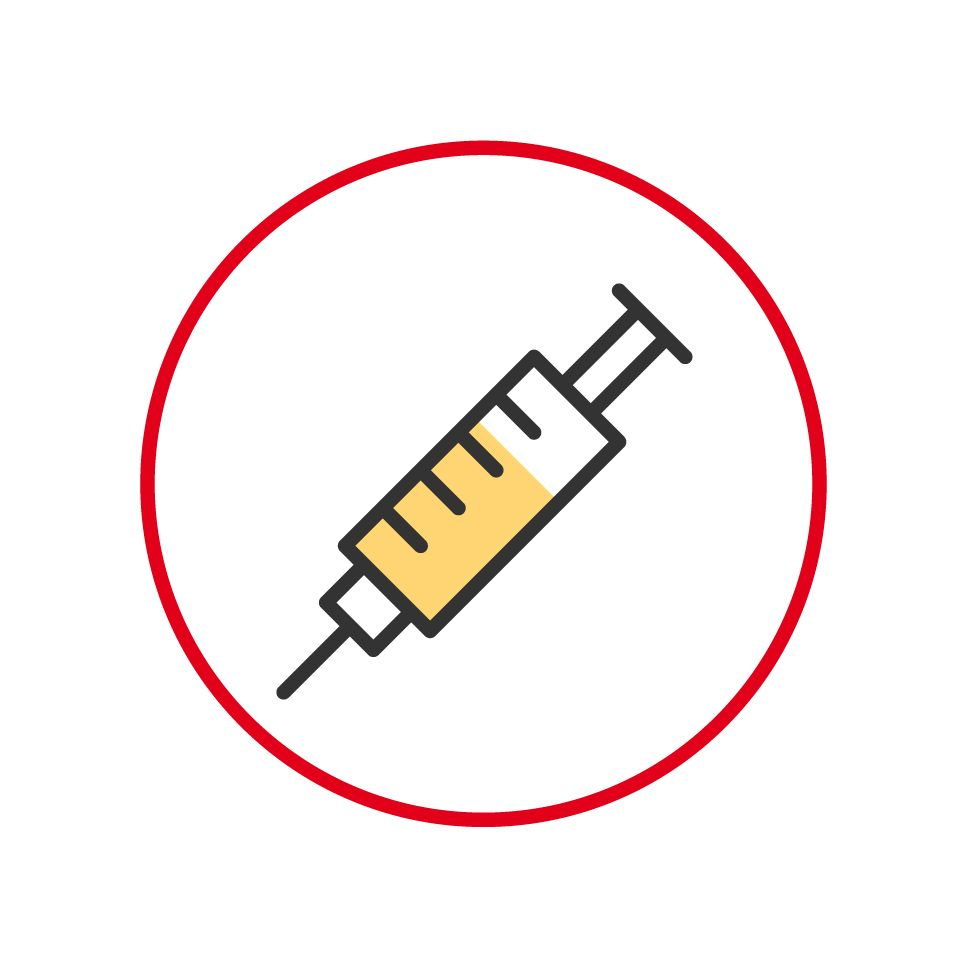
Drugs
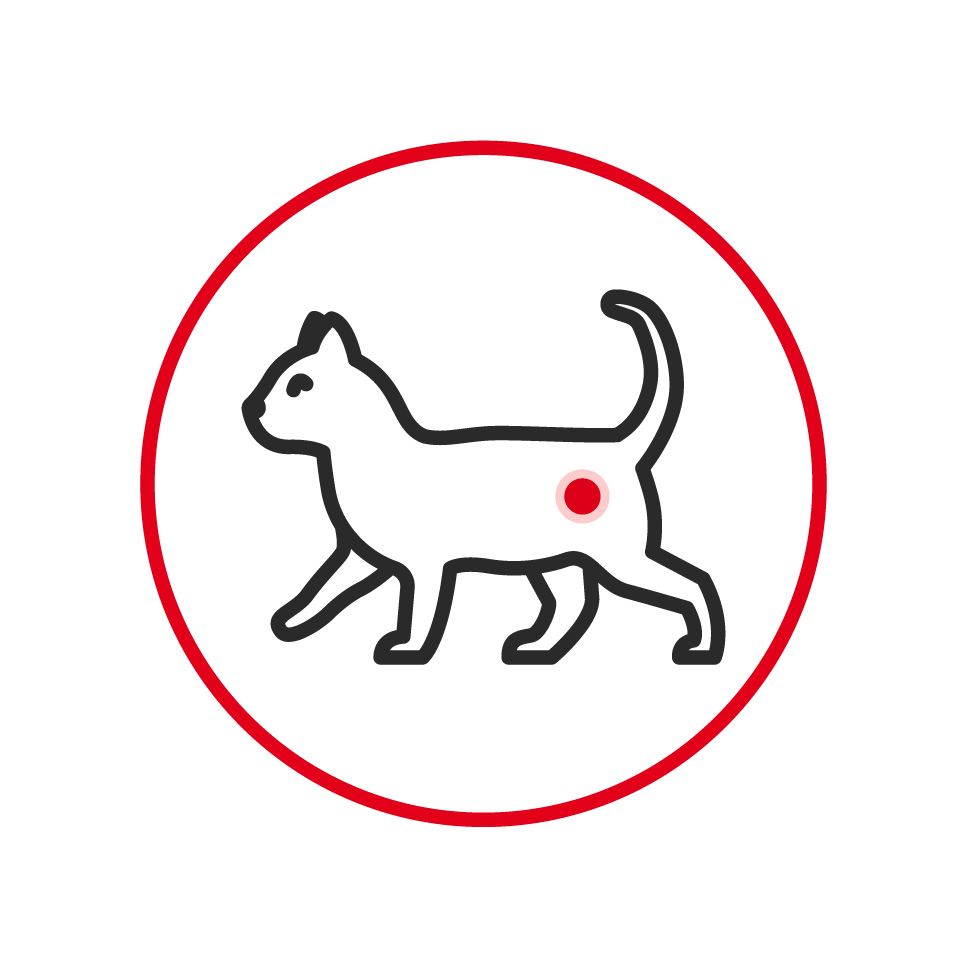
Pain
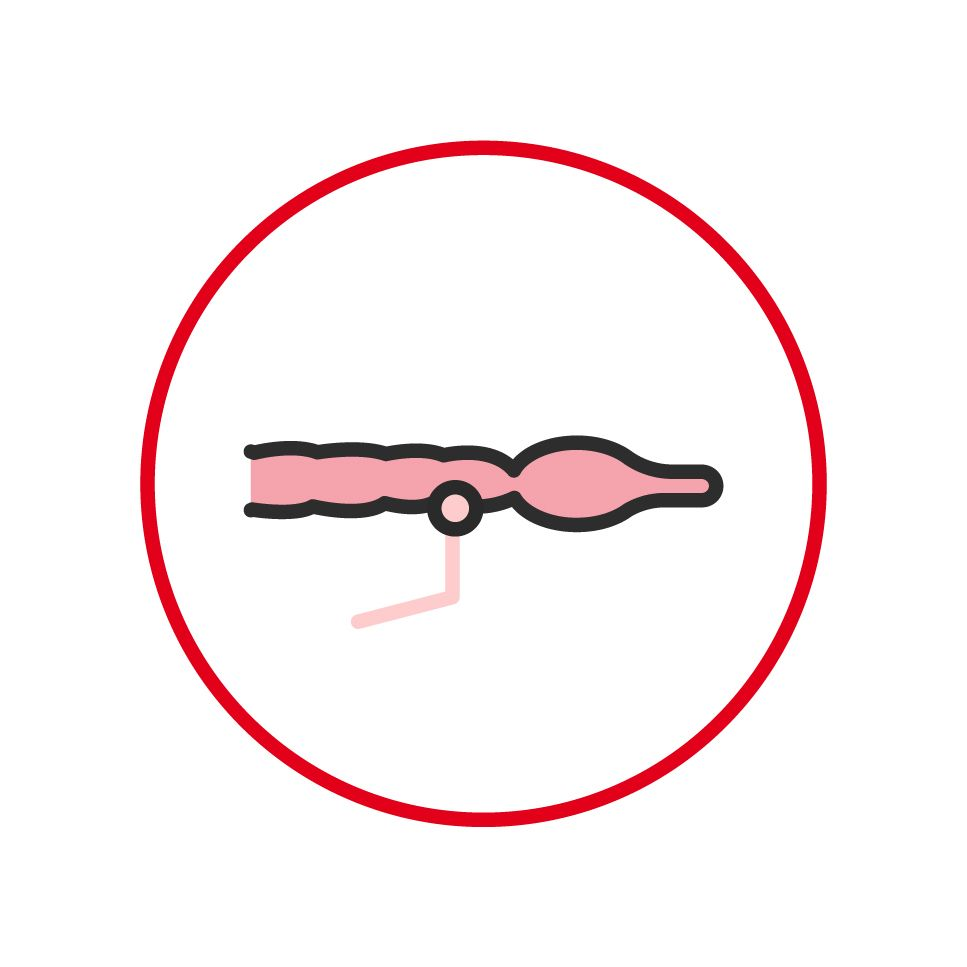
Idiopathic megacolon
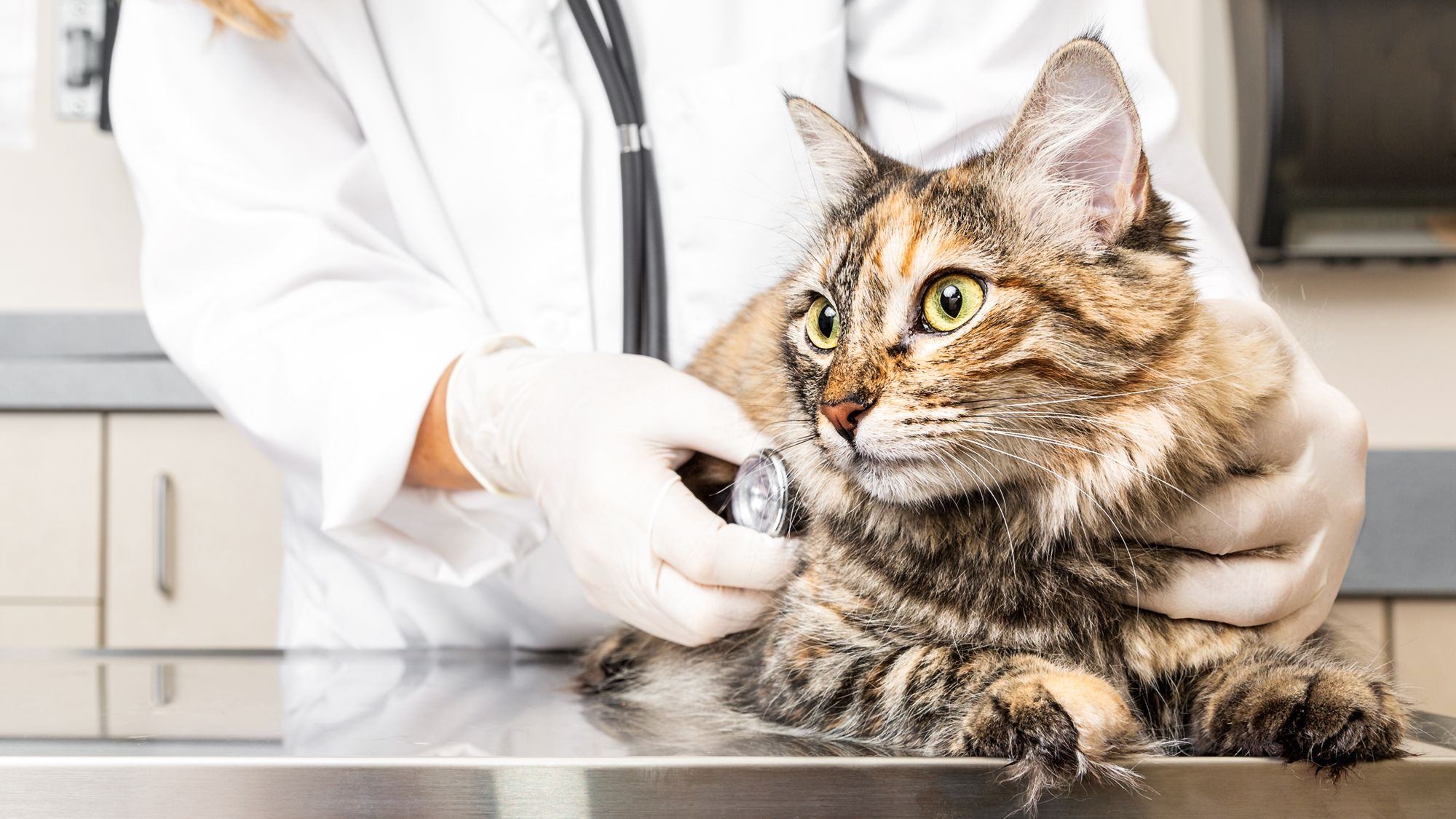
How to help a constipated cat
With so many potential causes, we always recommend that you contact your veterinarian when you first notice your cat is constipated. They’ll perform an examination and identify any underlying conditions that may be causing constipation.The treatment your cat receives will vary accordingly, but may involve:
Medical treatment
There are several cat constipation remedies available that your veterinarian may recommend, including laxatives and drugs to help the colonic muscle contract. In some circumstances, your veterinarian may perform a colonic lavage.Diet change
A balanced fibre diet is often used in combination with medication for cases of constipation. Your veterinarian may recommend a diet including balanced fibres, like psyllium, to help the passage of stool.Habit change
Your veterinarian may recommend increasing your cat’s intake of fluids, changing any existing medication, and improving the hygiene and number of litter boxes in your home.Surgery
If these options are unsuccessful, or the underlying condition is particularly severe, surgery may be required.Increasing their water intake
Dehydration may contribute to constipation. By increasing a cat’s water intake, you may help to alleviate signs and help prevent a recurrence. Feeding your cat wet food is one solution, but you can also encourage your cat to drink more by adding extra water bowls around your home, using a pet water fountain, or letting them drink out of a faucet.Cat constipation is fairly common but can be an indicator of something even more serious. If you have any questions about your cat’s health or the cat constipation signs you need to look out for, speak to your veterinarian.
Related articles
Like & share this page